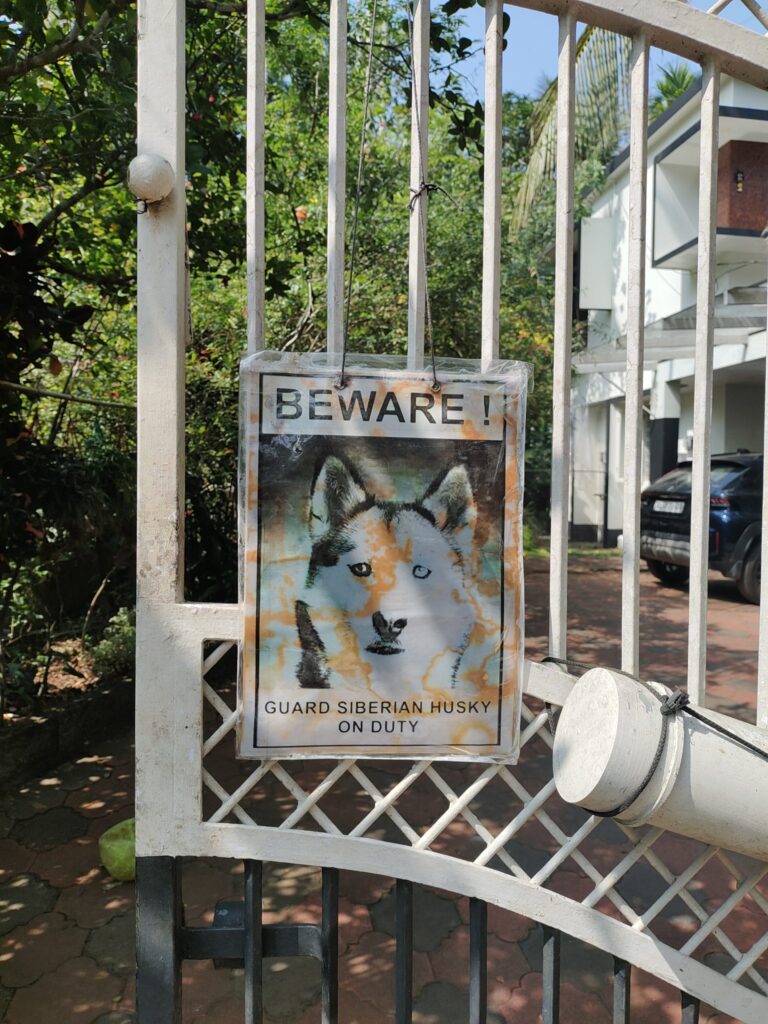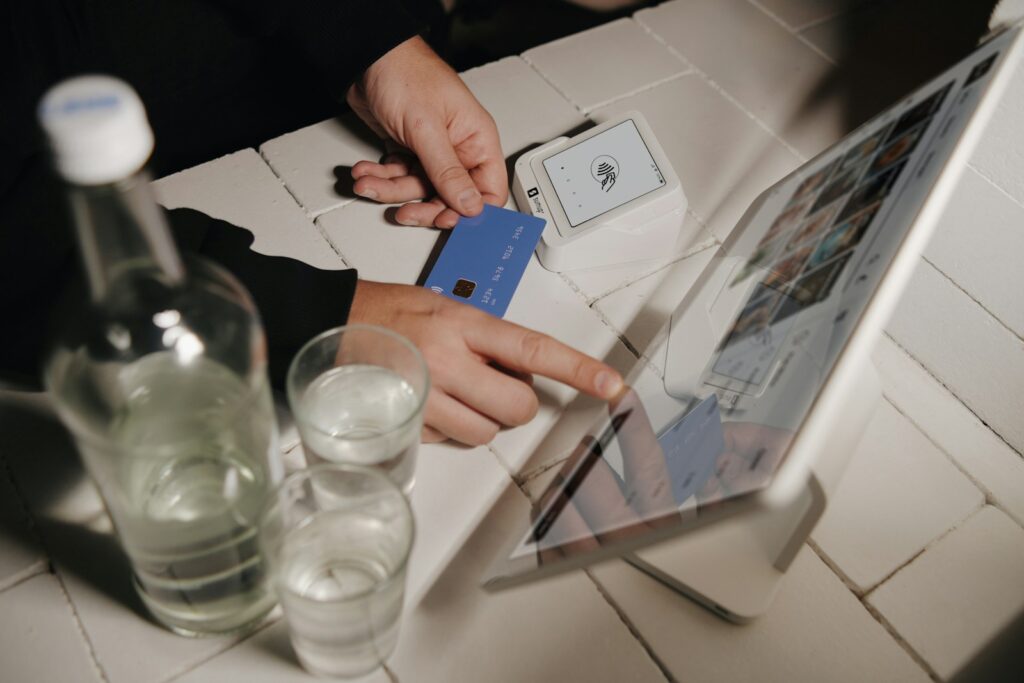The seizure of counterfeit goods is a unique evidentiary procedure under French law. In order to preserve its validity, its execution requires particular attention, and the assistance of a legal expert. lawyer specialising in enforcement procedures can be decisive. Between strict compliance with the terms of the order and procedural rules, every step counts.
The parties involved in the procedure
The central role of the judicial officer
Bailiffs play a decisive role in the execution of infringement seizures. He alone can carry out the seizure, by virtue of theorder authorising counterfeit seizure. There are no exceptions to this rule, as the Court of Cassation pointed out in a ruling dated 3 March 2009 (Com. 3 March 2009, no. 08-11.236).
The bailiff must be clearly identified in the seizure report. A simple legible signature is sufficient according to the TGI de Paris (30 January 1998). However, if only the professional partnership is indicated without mentioning the bailiff, the seizure report will be null and void (Civ. 1re, 31 October 2012).
The bailiff's report is authentic until a forgery is recorded (Com. 4 January 1984), and retains its evidential value even if it is not drawn up personally by the bailiff due to the technical nature of the description (Nancy, 12 March 1991).
Expert assistance
The bailiff may call on experts to assist with the technical aspects of the seizure. These experts are not required to be registered on a list of legal experts (Paris, 11 March 2005). However, their use must be authorised by the court order (TGI Paris, 28 May 1980).
A fundamental principle is the independence of the expert. The Court of Cassation links this requirement to article 6§1 of the European Convention on Human Rights (Com. 28 April 2004, no. 02-20.330). An expert who is a member of the Agency for the Protection of Programmes may not intervene if the APP is a party to the proceedings (Civ. 1re, 6 July 2000, no. 97-21.404).
Experts must limit themselves to providing technical assistance (Paris, 5 November 2002). They may not take hard disks with them for analysis (Aix-en-Provence, 3 September 2009), which would violate the adversarial principle.
Industrial property attorneys, who are often called upon as experts, benefit from a presumption of independence guaranteed by their ethical rules (Com. 8 March 2005).
The other speakers
The police can provide assistance if the distrainee resists. This assistance is possible even if the order does not specify it, by virtue of the executory formula (TGI Paris, 29 May 1987).
The bailiff may use the services of a locksmith to open the premises or furniture, or be accompanied by technicians to take measurements or dismantle a system (Paris, 14 March 1991).
The applicant or his agents may not be present during seizure operations (Com. 8 July 2008, no. 07-15.075), even if the order so authorises (Paris, 17 March 2017). Their presence would be likely to influence the findings and infringe business confidentiality.
The practicalities of seizure
Prior service of the order
The bailiff must give the person from whom the goods are seized a copy of the order on request before beginning the seizure operations (CPI, art. R. 521-3, R. 615-2-1, R. 623-51-1, R. 722-3). This copy must include the attached request (TGI Paris, 12 February 2010).
This obligation arises from respect for the principle of adversarial proceedings. According to the Cour de cassation, "respect for the principle of adversarial proceedings, which is the basis for the requirement set out in paragraph 3 of article 495 of the Code of Civil Procedure, requires that a copy of the application and the order be given to the person against whom it is made prior to the execution of the investigative measures that it orders" (Civ. 2e, 10 February 2011, no. 10-13.894).
Simply reading or displaying the order is not enough (Paris, 31 March 1977; TGI Paris, 11 January 1995). Failure to hand over the order causes prejudice to the debtor and justifies the nullity of the proceedings (Paris, 5 July 2019).
Timetables and response times
The seizure is carried out between 6 a.m. and 9 p.m., in accordance with the general provisions relating to execution (C. pr. civ., art. 664), unless otherwise specified in the order.
A reasonable period of time must elapse between service and the start of operations. This period is assessed on a case-by-case basis: fifteen minutes was sufficient in several cases (TGI Paris, 19 May 2017), sometimes even ten minutes (Paris, 8 February 2013) or four minutes (Rennes, 14 March 2017).
On the other hand, a time limit of one minute has been deemed insufficient in some cases (Bordeaux, 5 May 2014), but accepted in others where the distrainee had invited the bailiff to begin operations (Paris, 12 April 2016).
Compliance with the scope of authorised measures
The bailiff must strictly follow the terms of the order. Any extension of his mission may result in the invalidity of the procedure.
He can only intervene with the person designated by the order (TGI Paris, 21 January 1994), only on the premises concerned (Paris, 29 October 1984) and only for suspected infringement relating to the titles under which the measure is taken (TGI Paris, 28 November 1986).
Case law adheres to a strict interpretation of the order (Paris, 23 September 1998). The bailiff may not extend his investigation to trademarks other than those mentioned in the order (Com. 3 July 2019, no. 16-28.543).
The course of operations
Seizure behaviour
The person seized must cooperate with justice. Article 10 of the Civil Code states that "everyone is obliged to cooperate with justice in order to ascertain the truth" and that anyone who fails to do so "may be compelled to do so, if necessary under penalty of a fine or civil penalty".
He may not obstruct the proceedings, for example by switching off the electricity to prevent an appliance from being switched on (TGI Paris, 16 January 1989).
Documents voluntarily handed over by the garnishee may be appended to the official report, even if they do not appear on the list of documents that the bailiff could seize (TGI Paris, 27 January 2009).
Questions and findings
The bailiff may ask any questions that are relevant to the performance of his duties (Paris, 15 January 1997) and may obtain explanations from the debtor or his employees (TGI Paris, 7 May 1997).
Such questioning must not degenerate into interrogation. The garnishee retains the right to remain silent.
The bailiff may not use stratagems such as posing as a customer (Paris, 25 January 2013) or opening a customer account to acquire a product (Civ. 1re, 20 March 2014, no. 12-18.518).
Duration of operations
Operations may extend over several days if necessary (TGI Paris, 16 January 1989; Paris, 30 May 2001). Case law expressly recognises this.
Once the seizure has been completed, the bailiff may not return to the premises to complete his investigations (Paris, 28 February 2001). Closure of the report terminates the bailiff's mission.
The seizure report
Content and form
The minutes must comply with the provisions of article 648 of the Code of Civil Procedure. It must mention the date, the identity of the claimant, the surname, first names, address and signature of the bailiff, and the identity of the addressee.
Failure to identify the claimant renders the official report null and void (Paris, 27 February 1989). Similarly, an indication of the SCP without the identity of the bailiff may be sanctioned (Com. 20 October 1998, no. 95-15.804).
The persons accompanying the bailiff must be mentioned, even if this information can be provided at a later date (Paris, 1 February 2006).
Delivery to the garnishee
The bailiff must provide the distrainee with a copy of the minutes. This is usually done immediately, but may be done later, for example three days after the closing (Paris, 14 March 1991).
The report does not have to be signed by the garnishee (Paris, 29 January 1991). Case law is divided as to the sanction for failure to hand over the document, which is sometimes considered a formal defect (TGI Paris, 12 September 1990) and sometimes a substantive nullity (TGI Lyon, 27 May 1971).
Evidential value
The minutes give authenticity to the bailiff's findings. They are authentic until proven false, even if the bailiff is assisted by an expert (TGI Paris, 22 November 1996).
This evidential value does not extend to information provided by the expert that the bailiff simply transcribed (Paris, 1 July 1977). The absence of a precise description reduces the probative value of the report (TGI Paris, 7 December 1990).
Photographs, films or photocopies attached to the official report have strong evidential value (Paris, 28 May 1985), provided they bear the bailiff's seal. These elements are crucial for consequences of the infringement seizure and the commencement of proceedings on the merits.
Sources
- Intellectual Property Code: articles L.332-1 to L.332-4, L.521-4, L.615-5, L.623-27-1, L.716-4-7, L.722-4, R.521-3, R.615-2-1, R.623-51-1, R.722-3
- Code of civil procedure: articles 10, 114, 454, 456, 496, 497, 648, 664, 680
- Court of Cassation, Commercial Division: 3 March 2009 (no. 08-11.236), 4 January 1984, 28 April 2004 (no. 02-20.330), 8 July 2008 (no. 07-15.075), 20 October 1998 (no. 95-15.804), 3 July 2019 (no. 16-28.543)
- Cour de cassation, 1st civil chamber: 31 October 2012, 6 July 2000 (no. 97-21.404), 20 March 2014 (no. 12-18.518)
- Court of Cassation, 2nd Civil Division: 10 February 2011 (no. 10-13.894)
- Paris Court of Appeal: 11 March 2005, 17 March 2017, 31 March 1977, 5 July 2019, 29 October 1984, 23 September 1998, 15 January 1997, 25 January 2013, 30 May 2001, 28 February 2001, 1 February 2006, 29 January 1991, 1 July 1977, 28 May 1985
- Paris Regional Court: 30 January 1998, 28 May 1980, 12 February 2010, 11 January 1995, 21 January 1994, 28 November 1986, 16 January 1989, 27 January 2009, 7 May 1997, 22 November 1996, 7 December 1990
- Aix-en-Provence Court of Appeal: 3 September 2009
- Nancy Court of Appeal: 12 March 1991
- Bordeaux Court of Appeal: 5 May 2014
- Rennes Court of Appeal: 14 March 2017




